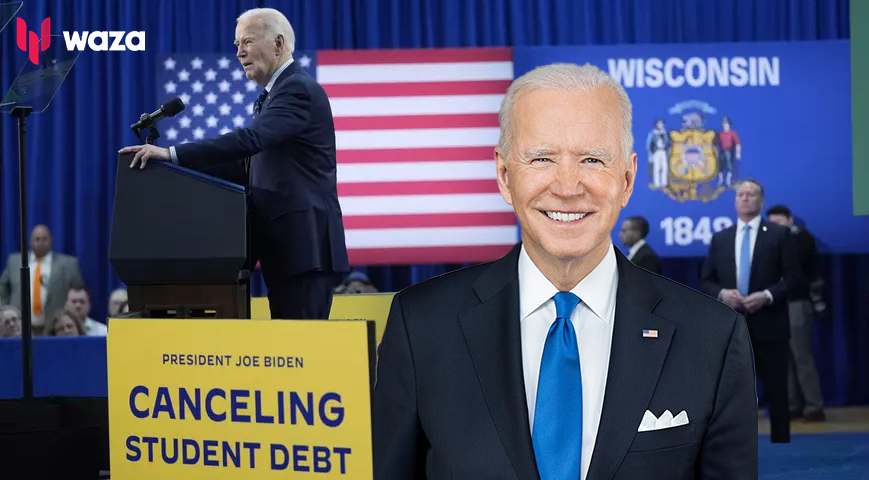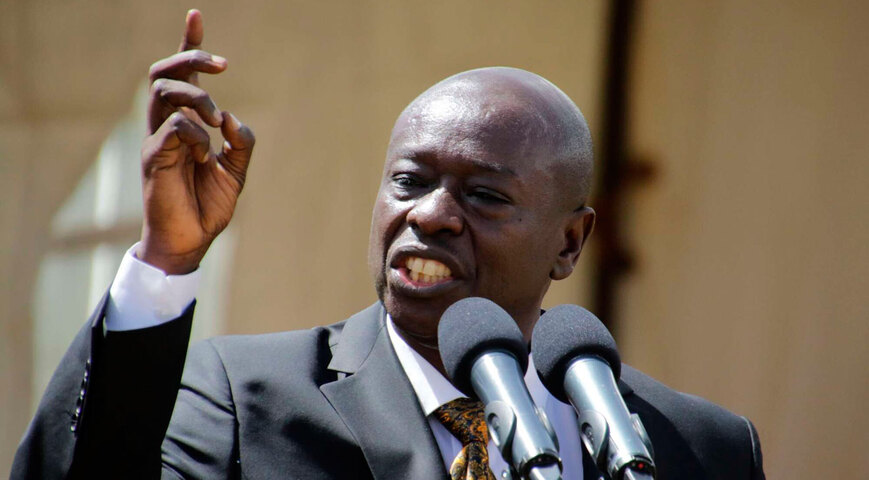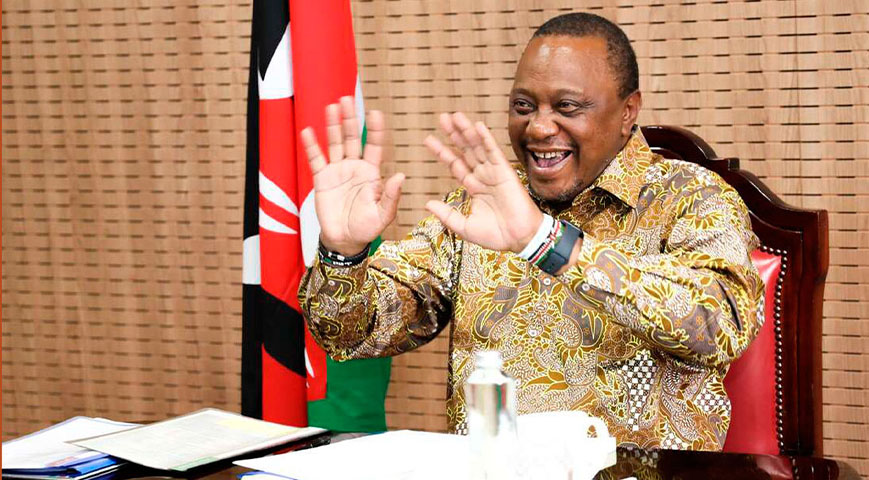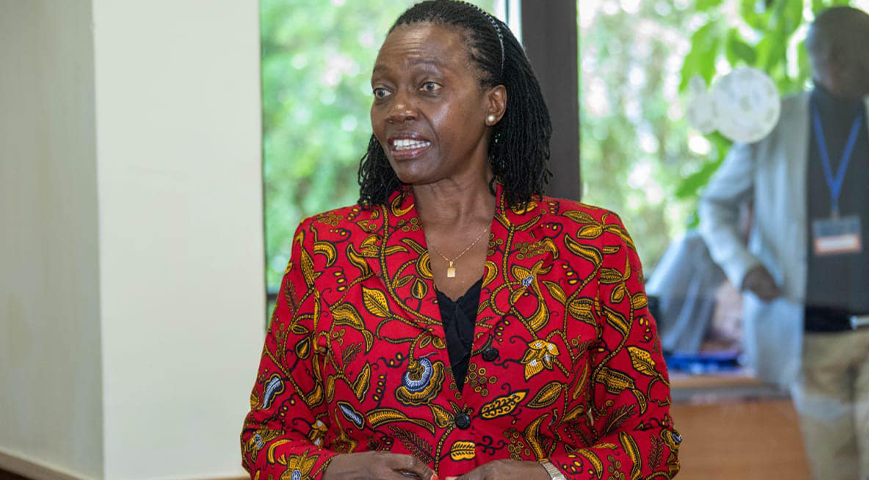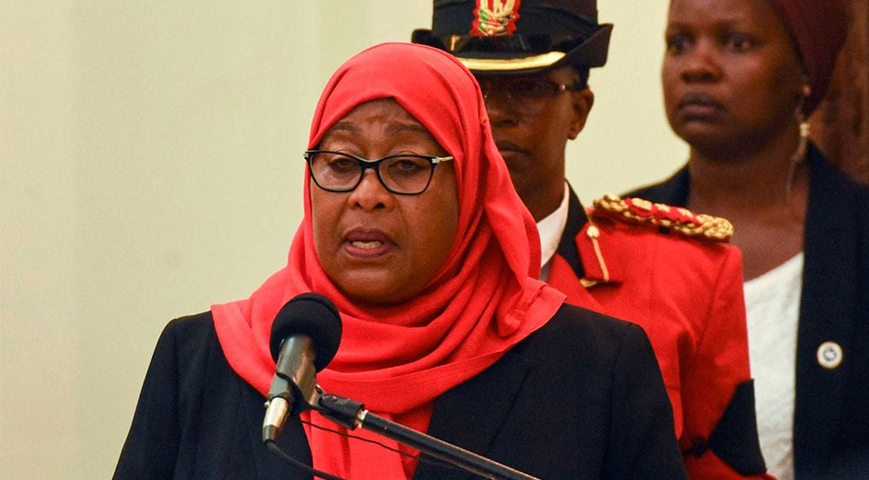Joe Biden’s 2024 re-election bid ended abruptly on Sunday amid mounting pressure following a series of gaffes and a disastrous debate performance against Donald Trump in June. Biden, who had been facing increasing calls to drop out, initially remained defiant, posting on social media that he intended to continue serving Americans. However, at 1:45 PM, Biden informed his closest advisors of his decision to withdraw and announced the suspension of his campaign just a minute later, throwing the last 100 days of the election into chaos.
According to an ABC News source, the decision to withdraw was unexpected, as Biden was reportedly prepared to continue his campaign as recently as Saturday night. A campaign staffer told DailyMail.com that no one had advance notice before the tweet was posted, calling it an "insane way to treat the 1,300 people that work for you on the campaign."

Initially, Biden had planned to defeat Trump and pass the torch to a new Democrat in 2024. However, as the election approached, he reversed his decision and chose to run for re-election, citing the need to continue his administration’s work. This changed dramatically after his performance in the June 27 debate against Trump, which underscored his weaknesses and raised concerns about his ability to compete in November.
The debate performance was a disaster, highlighting Biden’s struggles with coherent communication and leading to further scrutiny of his cognitive health. A poll by SSRS revealed that 60% of viewers had no confidence in Biden’s ability to lead the country, according to CNN. Biden later attributed his poor performance to exhaustion from international travel for the D-Day anniversary and the G7 meeting. He admitted at a fundraiser that he "almost fell asleep on stage" and expressed similar sentiments at a rally in North Carolina.
Did you read this?

In response to the debate fallout, Biden’s campaign increased his public appearances to demonstrate that the performance was an anomaly. In an interview with George Stephanopoulos on ABC, Biden insisted that he had simply had a "bad night" and was suffering from exhaustion. He mentioned feeling sick and even tested for COVID-19, which came back negative at the time, although he later tested positive for the virus.
Meanwhile, Trump survived an assassination attempt on July 13 during a campaign event in Butler, Pennsylvania, which significantly boosted his popularity. A bullet grazed Trump’s ear as he turned to look at a graph, leading him to fall to the ground before being escorted off stage by the Secret Service. Trump defiantly raised his fist in the air, creating a symbolic image of strength and resilience.

He then appeared at the Republican National Convention a few days later to accept the party’s nomination for president, with former challengers Nikki Haley and Ron DeSantis endorsing his run.
The convention showcased Republican unity, in stark contrast to the growing calls among Democrats for Biden to step down. Following the assassination attempt, Trump’s favorability rating surged by 40%, according to an ABC/Ipsos poll, while Biden continued to struggle in the polls. As Biden's prospects for re-election diminished, prominent Democrats began urging him to suspend his campaign, with Texas Representative Lloyd Doggett being the first to publicly call for his withdrawal on July 2.

